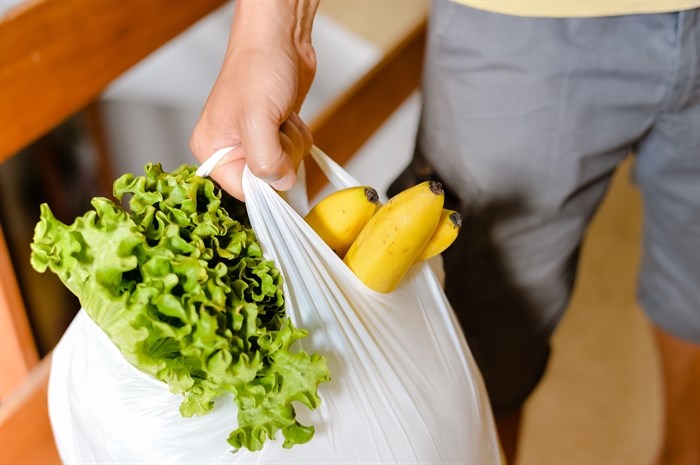Why the BC CDC is warning you to wash your fruits and vegetables

There is an increase in gastrointestinal infections in the province this year and it’s linked to imported produce and travelling.
The infections are caused by a parasite called Cyclospora that is most commonly found in tropical and subtropical areas and can be carried on imported raw fruits and vegetables, according to a media release by the BC Centre for Disease Control.
The infections can cause diarrhea, abdominal cramps, nausea, vomiting and sometimes fever. Young children, older adults and those with weakened immune systems are more likely to have severe symptoms.
There are several ways to reduce your risk of contracting it recommended by the control centre.
Washing hands thoroughly before handling food, washing fruits and vegetables thoroughly before eating them and cooking produce whenever possible are all recommended. Do not drink untreated surface water from streams, rivers, lakes, ponds or shallow wells.
The control centre has a list of imported foods people should take precautions around as these have been linked to the infections in the past: broccoli, lettuce, cabbage, celery, peas, snap peas, cucumbers, carrots, green onions, basil, cilantro, cherries, raspberries and blackberries.
READ MORE: Kelowna man ordered to demolish derelict house faces similar charges at second home
It is recommended those travelling to areas at higher risk of gastrointestinal illness to avoid fruits and vegetables that cannot be peeled or cooked and either drink bottled water or boil water for a least one minute if under 2,000 meter altitude or two minutes if above.
In BC, most cases of infection are related to travel but every spring and summer Canada sees an increase in non-travel related Cyclospora infections.
READ MORE: Lake Country’s notorious Airport Inn to be replaced by hundreds of rental apartments
43 cases of the infection have been reported as of July 31 and at least nine of these have been acquired by those who did not travel outside of Canada and the United States. The previous highest case count was in 2017 during an outbreak when 41 cases had been reported to the control centre by this time of year. The BC Centre for Disease Control and public health authorities are investigating all locally-acquired cases to determine the source.
To contact a reporter for this story, email Shannon Ainslie or call 250-819-6089 or email the editor. You can also submit photos, videos or news tips to the newsroom and be entered to win a monthly prize draw.
We welcome your comments and opinions on our stories but play nice. We won't censor or delete comments unless they contain off-topic statements or links, unnecessary vulgarity, false facts, spam or obviously fake profiles. If you have any concerns about what you see in comments, email the editor in the link above. SUBSCRIBE to our awesome newsletter here.


